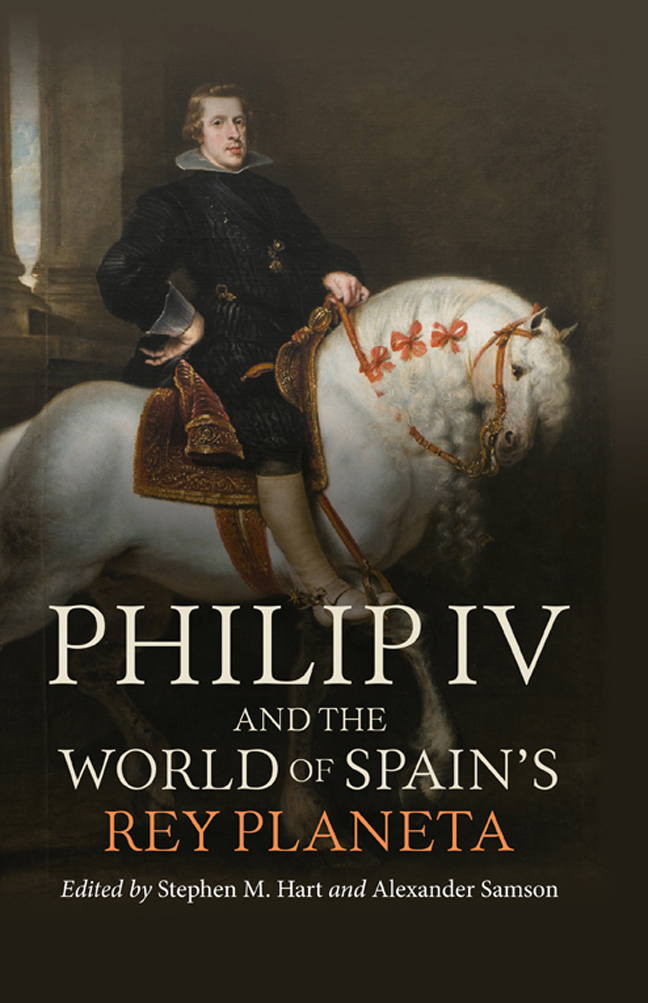5 - Two ‘Prophets’ and One Confessor: Philip IV's Spiritual Stage in 1643–1644
Published online by Cambridge University Press: 15 February 2024
Summary
The 1640s represented an opportunity for a number of Spanish nobles to return to the Spanish Court. They joined forces in order to regain their former political position in that sphere and collaborate in the removal of Don Gaspar de Guzmán, Count-Duke of Olivares, from the royal entourage. They were opposed to his personality and political project, a circumstance that had forced them out of the Court some years earlier. Some members of the clergy, under the pretext of having a direct relationship with God, offered their advice to members of the royal family, nobles, and prominent ecclesiastics, suggesting that they could solve the problems faced by the Catholic Monarchy and Spain. There were many cases of ‘divine advice’, and they arose especially when the situation of the Catholic Monarchy became more turbulent. The Thirty Years War (1618–48), the revolts in Catalonia, Portugal, the Netherlands, and the Italian territories of the Catholic Monarchy – all contributed to a mood of crisis. It was against this fraught backdrop that the prophecies and visions of the Jesuit Pedro González Galindo, Fray Francisco Monterón, and the advice of Fray Juan de Santo Tomás, Philip IV's confessor between 1643 and 1644, rose to the surface. A study of the religious messages of these three religious men demonstrates that they were instrumentalized for clearly political purposes. In their prophecies and visions, a defence was made, albeit indirectly, of the political position of their protectors in the Court. They advocated the distancing of Olivares from the centre of power, and they suggested that Don Luis de Haro, Olivares's nephew and his successor in the royal government, should also be removed. In this essay we shall focus on the overlay between the discourses of religion and politics in the crucial years of 1643–44, which opened – in January 1643 – with the stunning event of the Count-Duke of Olivares's removal from power. As we shall see, these three individuals played a significant role in the scramble for temporal as well as spiritual power which immediately followed Olivares's fall from grace.
The ‘Prophets’ (Pedro González Galindo, Francisco Monterón) and the Confessor (Fray Juan de Santo Tomás)
Pedro González Galindo, Francisco Monterón, and Fray Juan de Santo Tomás were nicknamed ‘los del Tajo’ soon after their arrest, in the spring of 1644, which led to their trial by the authorities of the inquisitorial district of Toledo.
- Type
- Chapter
- Information
- Philip IV and the World of Spain's Rey Planeta , pp. 114 - 131Publisher: Boydell & BrewerPrint publication year: 2023



